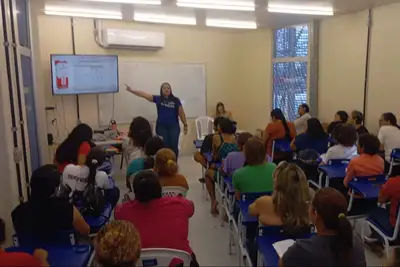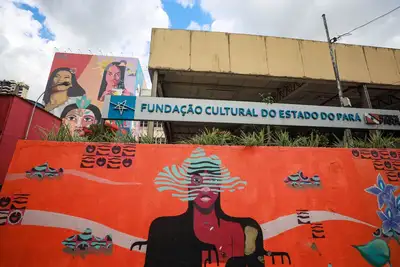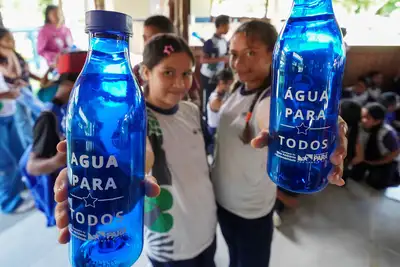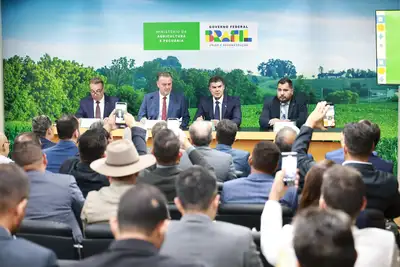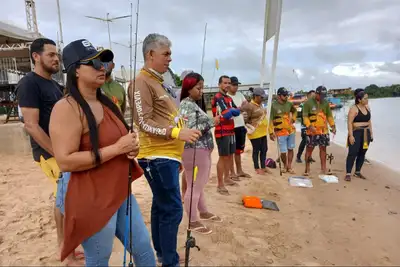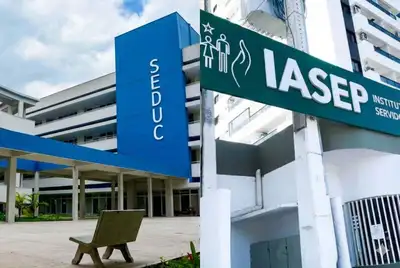Regional Hospital of Tapajós performs surgery with unprecedented technique on young athlete
Reference unit in Itaituba has already performed nearly 2,000 surgical procedures in 2025; knee surgery used a modern and innovative method to correct injury and restore stability to the joint
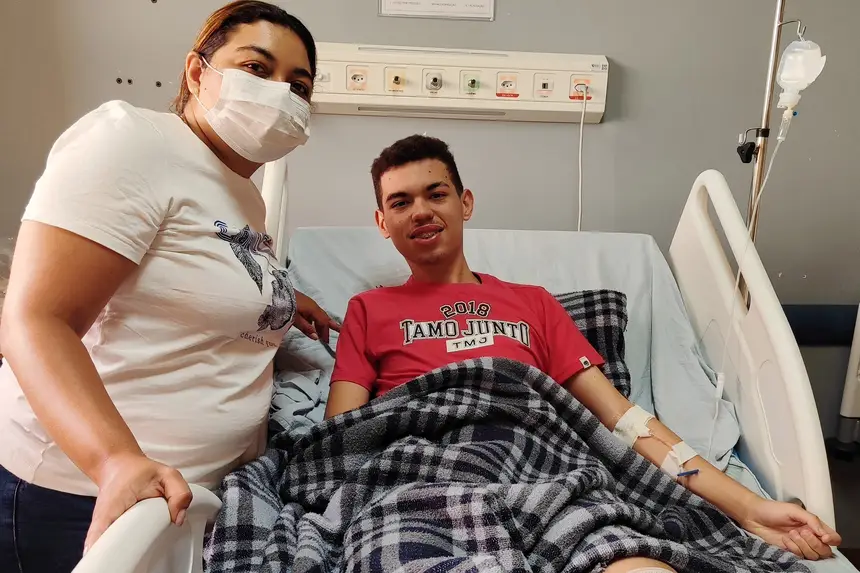
The Regional Hospital of Tapajós (HRT), in Itaituba, southwest of Pará, performed a high-complexity orthopedic surgery using an unprecedented technique in the unit on April 29.
The procedure was performed on Guilherme Arthur Gino, a 17-year-old young man, and is the only one of its kind with this approach done at the hospital in 2025. The surgery was considered a success by the medical team and represented an important step in the physical and emotional recovery of the patient.
According to orthopedic surgeon Fernando Coimbra, who led the surgical team, Guilherme suffered from a serious knee problem caused by a rupture of an important ligament that keeps the joint stable, known as the Anterior Cruciate Ligament (ACL).
Additionally, he also had a lateral meniscus injury, a structure that acts as a cushion between the bones.
“He had a lot of instability in his knee, which means he couldn't stabilize his leg to walk or run safely. It was as if the knee didn't respond to movements correctly, which is very difficult, especially for a young person who dreams of playing sports,” explained the doctor.
The difference in the surgery was the use of a combined technique. Instead of only reconstructing the main ligament, as is done in traditional methods, a second ligament—the anterolateral ligament—was also reconstructed, which helps control the rotational movements of the knee. This modern approach offers more stability and reduces the chances of new injuries.
“We opted for this combined technique because it provides a safer recovery and greater long-term stability, especially in active patients with a sports profile, like Guilherme. It is an important advancement compared to the traditional technique, which only reconstructs the central ligament,” emphasized Dr. Fernando.
The surgery also involved using tendons from the patient himself to reconstruct the ligaments and partially removing the meniscus that was injured, in order to relieve pain and avoid future complications. The patient is recovering well and has already shown positive progress in the first few days post-surgery.
“I am living a dream” - Very emotional, Guilherme Arthur Gino celebrated the result of the surgery and the possibility of returning to do what he loves most.
“I am very grateful to the entire hospital team. I am recovering really well and feeling stronger every day. This surgery means a lot to me because it gives me the chance to fulfill a big dream: to play football again. I am looking forward to returning to training and moving forward,” said the young man.
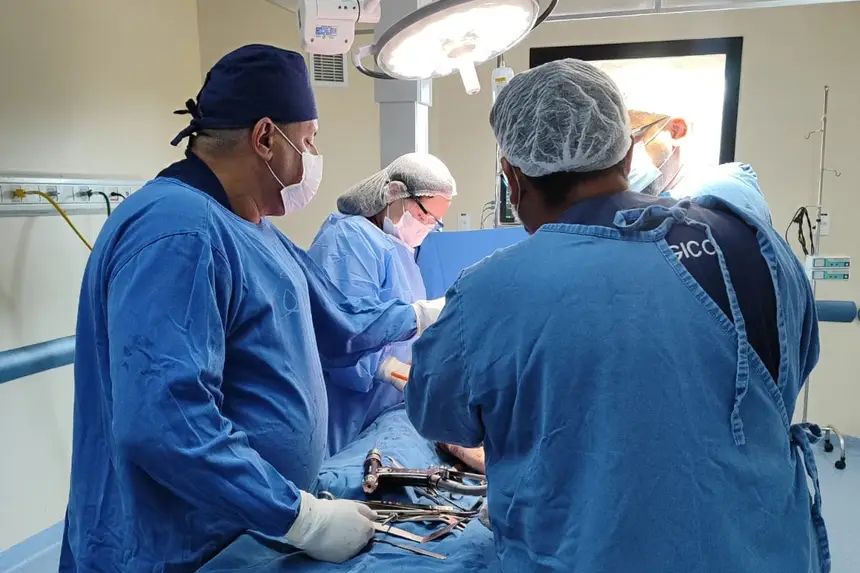
High surgical productivity at HRT - The unit, which is managed by the State Government through the State Department of Public Health (Sespa), has been standing out for the high volume of specialized care. From January 2 to May 12, 2025, 1,989 surgical procedures were performed at the Regional Hospital of Tapajós, covering various specialties.
In the field of orthopedics, there were 875 procedures in the same period this year. For comparison, in 2024, during the same interval, 1,047 orthopedic procedures were performed. Even with the slight reduction in numbers, the complexity of the surgeries has increased, demonstrating the technical capacity of the unit.
According to the hospital's technical director, Dr. Lucas Vergani, the numbers reflect the commitment to strengthening specialized assistance in the region. “Even with the logistical challenges of the interior, we have managed to maintain a high pace of care and expand access to complex surgeries. This recent case, using an unprecedented technique in ACL reconstruction, is a clear example of the excellence we seek to offer to the population,” said the director.
Managed by the Social Institute Mais Saúde in partnership with the State Department of Public Health (Sespa), the hospital belongs to the Government of Pará and has 153 beds, including Adult, Pediatric, and Neonatal ICUs. With this structure, the unit plays a prominent role in providing specialized assistance and decentralizing medical services.
Sammya Ferreira - Communication Analyst/HRT




